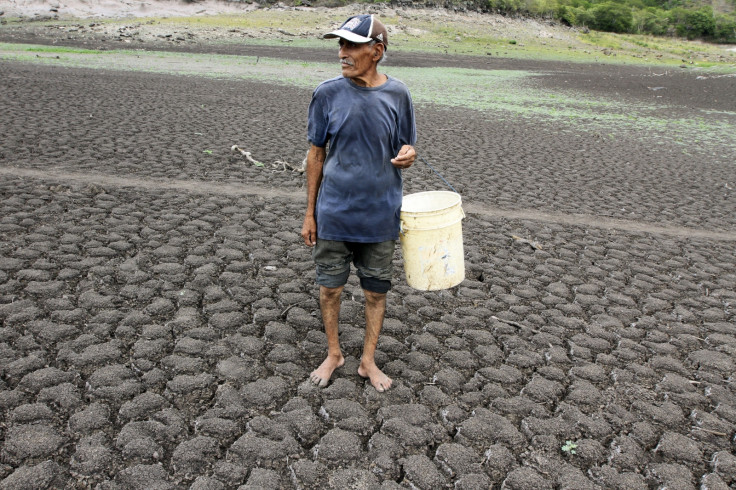Oxfam-Sponsored Report Tracks Impact of Extreme Weather Events on Food Security

An Oxfam-sponsored report seeking "climate justice" has concluded that better governance could have lessened the impact on vulnerable populations most affected by extreme weather events.
The report warned that climate change is expected to increase the intensity and frequency of heat waves and floods, and suggests that it is valuable to look at how these events may impact food security.
The report by the Environmental Change Institute (ECI) at the School of Geography and the Environment at the University of Oxford tracks the effects on four countries based on recent events: Russia which experienced a heatwave in 2010; flood-hit Pakistan the same year; East Africa during the drought of 2010-2011; and the Philippines after Typhoon Haiyan in 2013.
Authorities in each of the countries studied were unprepared for extreme weather events, and citizens suffered even more than they needed to.
The report traces the complicated relationship between weather events and food security and also considers the relevance of climate change.
The study demonstrates that the extreme weather events can have impacts in other parts of the world.
For example, the Russian heat wave, which occurred as a result of an atmospheric blocking high-pressure system, had both domestic and international effects.
To begin with, it dramatically reduced the wheat harvest in many parts of Russia and reduced the national food supply.
Next, due to Russia banning wheat exports, world wheat prices increased, reducing poor people's access to food and, according to some analyses, contributing to the unrest in several of the states involved in the Arab Spring, which were dependent on Russian imports.
In the same year, Pakistan experienced higher monsoon rains, linked to the high pressure over Russia.
This led to severe damage to crops, livestock, and markets in Punjab, and to extensive flooding in Sindh, where the greatest impacts on health, housing, and infrastructure were experienced.
© Copyright IBTimes 2024. All rights reserved.





